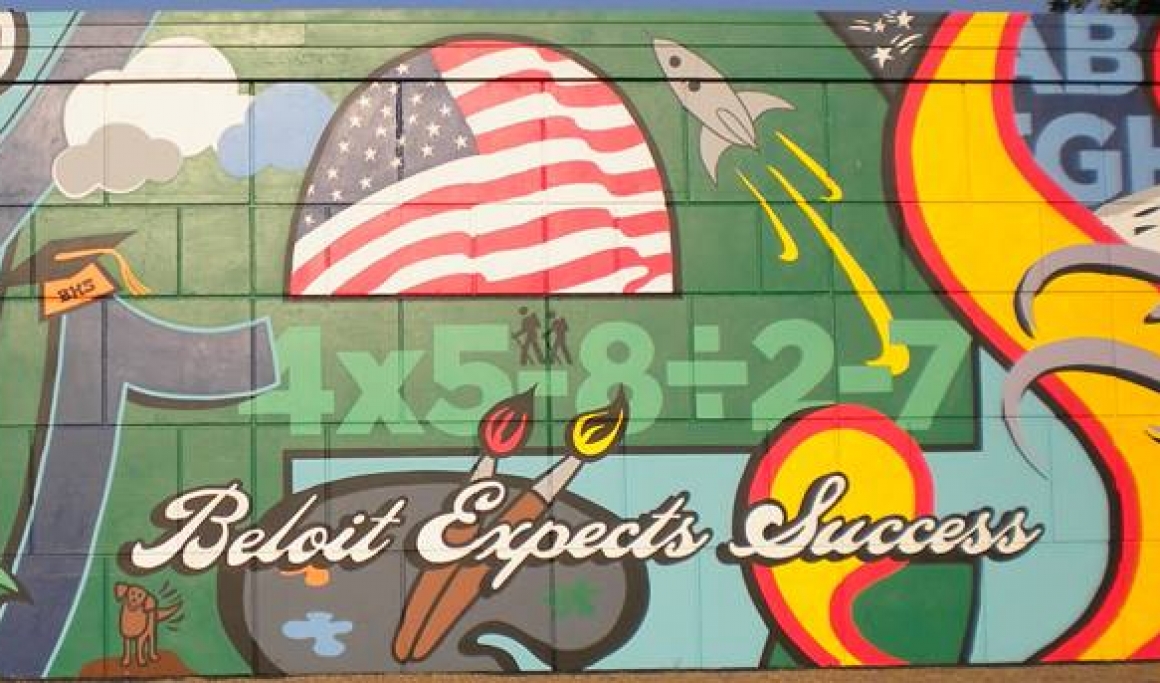3rd Grade - Science
|
Kansas College and Career Ready Standards 3rd Grade Science |
|
|||
| SC.03.1.01 Ask questions, identify problems, and form a hypothesis that can be answered through scientific investigation. SC.03.1.02 Develop and use models to explain scientific investigations. SC.03.1.03 Plan and carry out investigations while collecting appropriate scientific data. SC.03.1.04 Analyze and interpret data collected during scientific investigations. SC.03.1.05 Use mathematical concepts and technology while planning, collecting, and analyzing data. SC.03.1.06 Construct reasonable explanations based on the outcomes of scientific investigations. SC.03.1.07 Record results and compare findings with others to identify similarities and differences. SC.03.1.08 Use communication skills to share findings with others. |
|
|||
| SC.03.2.14 ESS2-1 Represent data in tables and graphical displays to describe typical weather conditions expected during a particular season. SC.03.2.15 ESS2-2 Obtain and combine information to describe climates in different regions of the world. SC.03.2.16 ESS3-1 Make a claim about the merit of a design solution that reduces the impacts of a weather-related hazard. |
|
|||
| SC.03.3.09 LS1-1 Develop models to describe that organisms have unique and diverse life cycles but all have in common birth, growth, reproduction, and death. SC.03.3.10 LS1-2 Construct an argument that some animals form groups that help members survive. SC.03.3.11 LS3-1 Analyze and interpret data to provide evidence that plants and animals have traits inherited from parents and the variation of these traits exists in a group of similar organisms. SC.03.3.12 LS3-2 Use evidence to support the explanation that traits can be influenced be the environment. SC.03.3.13 LS4-2 Use evidence to construct and explanation for how variations in characteristics among individuals of the same species may provide advantages in surviving, finding mates, and reproducing. |
|
|||
| SC.03.4.17 5-PS1-2 Measure and graph quantities to provide evidence that regardless of the type of change that occurs when heating, cooling, or mixing substances, the total weight of matter is conserved. (D) SC.03.4.18 5-PS1-1 Develop a model to describe that matter is make of particles too small to be seen. (D) SC.03.4.19 PS2-1 Plan and conduct an investigation to provide evidence of the effects of balanced and unbalanced forces on the motion of an object. (D) SC.03.4.20 PS2-2 Make observations and/r measurements of an object's motion to provide evidence that a pattern can be used to predict future motion. (D) |
|
|||
| SC.03.5.21 Generate and compare multiple possible solutions to a problem based on how well each is likely to meet the criteria and constraints of the problems. (3-5 ETS 1-2) SC.03.5.22 Plan and carry out fair tests in which variables are controlled and failure points are considered to identify aspects of a model or prototype that can be improved. (3-5 ETS 1-3) SC.03.5.23 Define a simple problem reflecting a need or a want that includes specified criteria for success and constraints on materials, time or cost. (3-5 ETS 1-1) |




